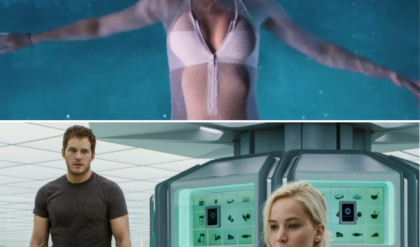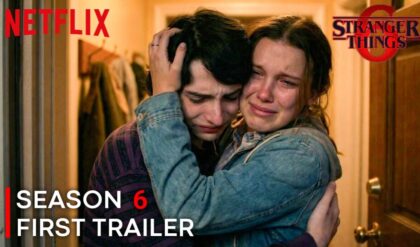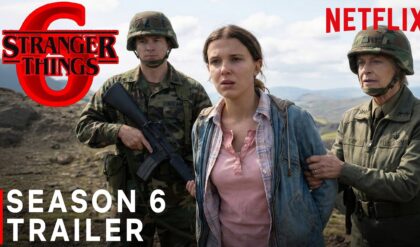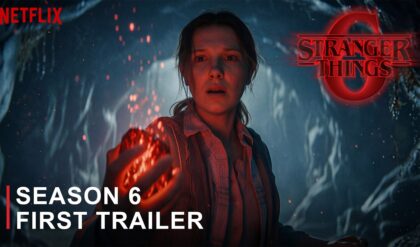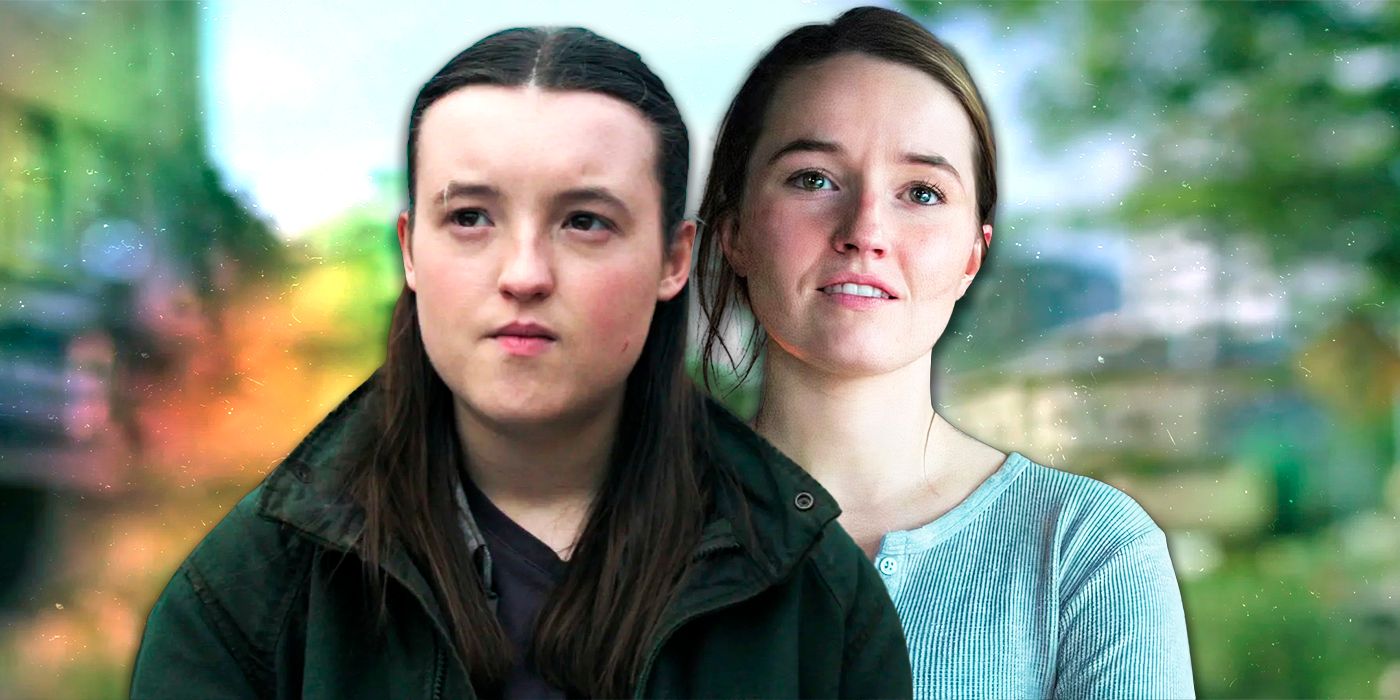
That being said, The Last of Us Season 2 remains good television. Even the Season 2 finale isn’t terrible, though it’s not up to the standards The Last of Us has set for itself in previous episodes, many of which are considered the holy grail of modern television. This is due, in part, to the story feeling sorely incomplete. The Season 2 finale gets to a conclusion where Abby and Ellie finally meet face-to-face once again in a tremendous cliffhanger. But getting to this point feels undeserved, given the majority of the finale circles around ideas and concepts that fit better in a penultimate episode. That’s why the last 15 minutes are so satisfying. After an entire episode where not much happens, The Last of Us makes everything happen that can only be found in a beautiful nightmare.
The Last of Us Can’t Decide Who Ellie Is Now
Ellie Is Constantly Contradicting Her Own Feelings and Actions
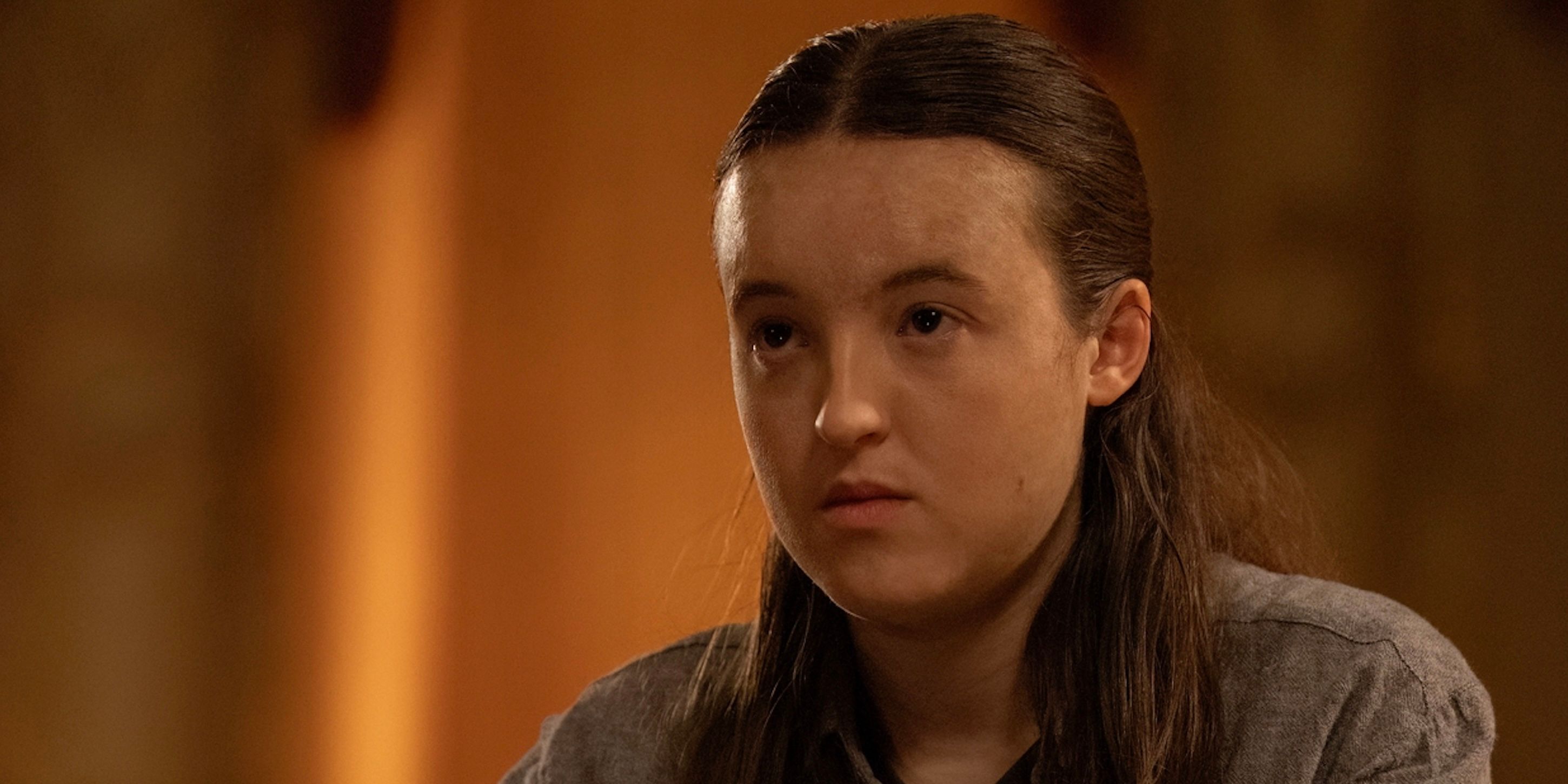
An issue of The Last of Us that has become far more apparent in the Season 2 finale is that it knows what it wants to say, but doesn’t know how to say it. Case in point: Ellie as a character. The last few episodes have made her feel inconsistent, especially when it comes to how she feels about this journey she’s put herself on. In Season 1 and the first half of Season 2, there was no confusion around who Ellie is. She’s a little bit of a rebel who marches to the beat of her own drum, but she has a heart of gold. This is still present, but with a new layer of cruelty that writers Craig Mazin, Neil Druckmann and Halley Gross want viewers to believe she has.
“Everything you do, you do for you,” Jesse says to her. It’s not unbelievable that Ellie is selfish. From disobeying Jackson’s vote to torturing Nora, to abandoning Jesse and Tommy, Ellie has the same self-indulgent gene Joel did. But other events in this episode suggest that Ellie is far better than what Jesse interprets her to be.
“Ramsey and Ariela Barer join forces to build a masterfully powerful sequence…”
But what’s really frustrating is Ellie remorselessly abandoning Tommy and Jesse in a war zone to find Abby, almost ensuring their deaths, but feeling all the anguish in the world for allowing a Seraphite teenager and Owen to die. It indicates that Ellie cares more about these strangers than her own community. The speech she makes later in the episode about that community falls woefully flat because of this very inconsistency. What does Ellie really want? At this point, who knows.
Season 2’s Pacing and Tone Are at Their Worst in the Season 2 Finale
The Last of Us Begins to Feel Most Like a Video Game
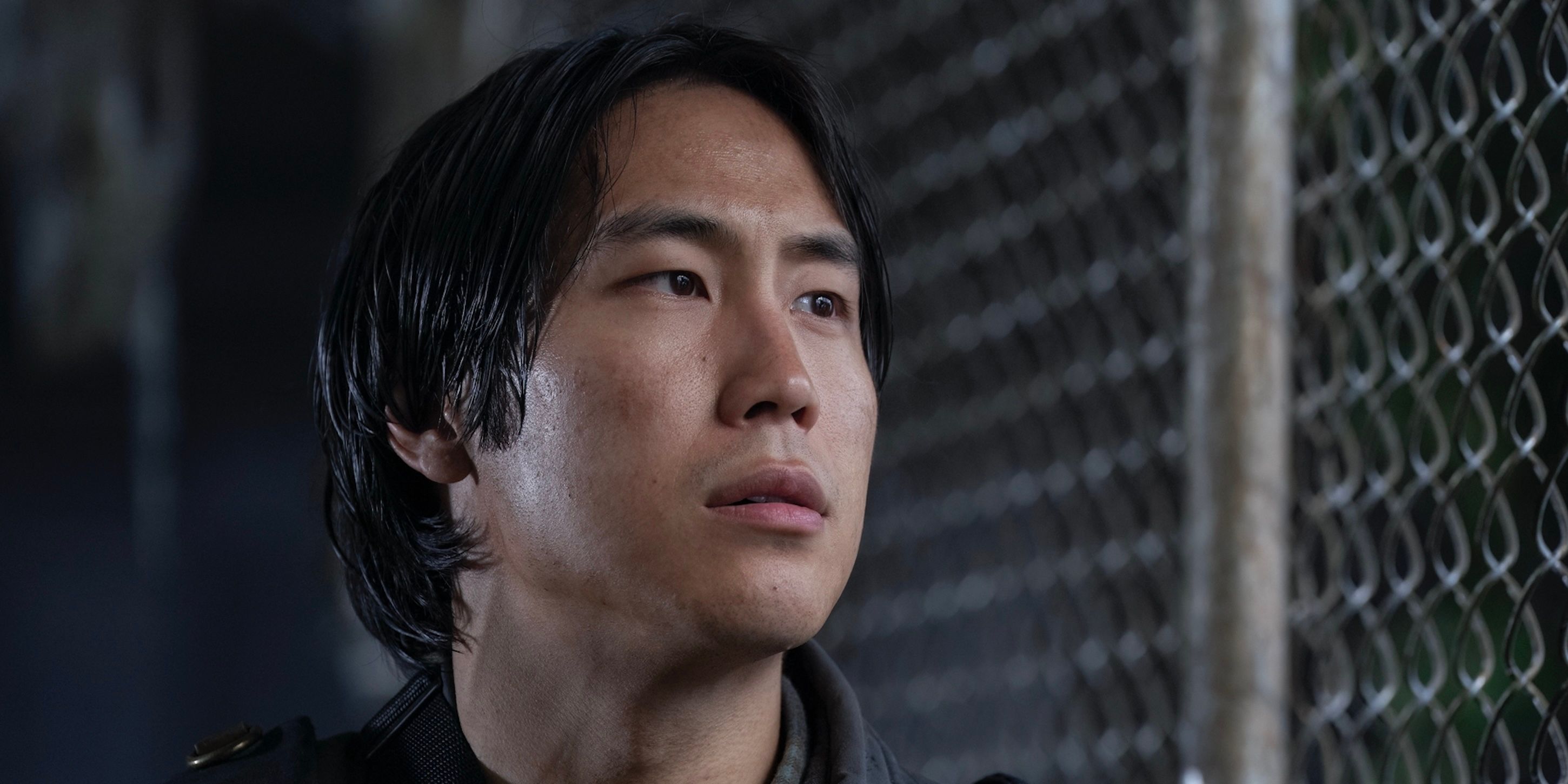
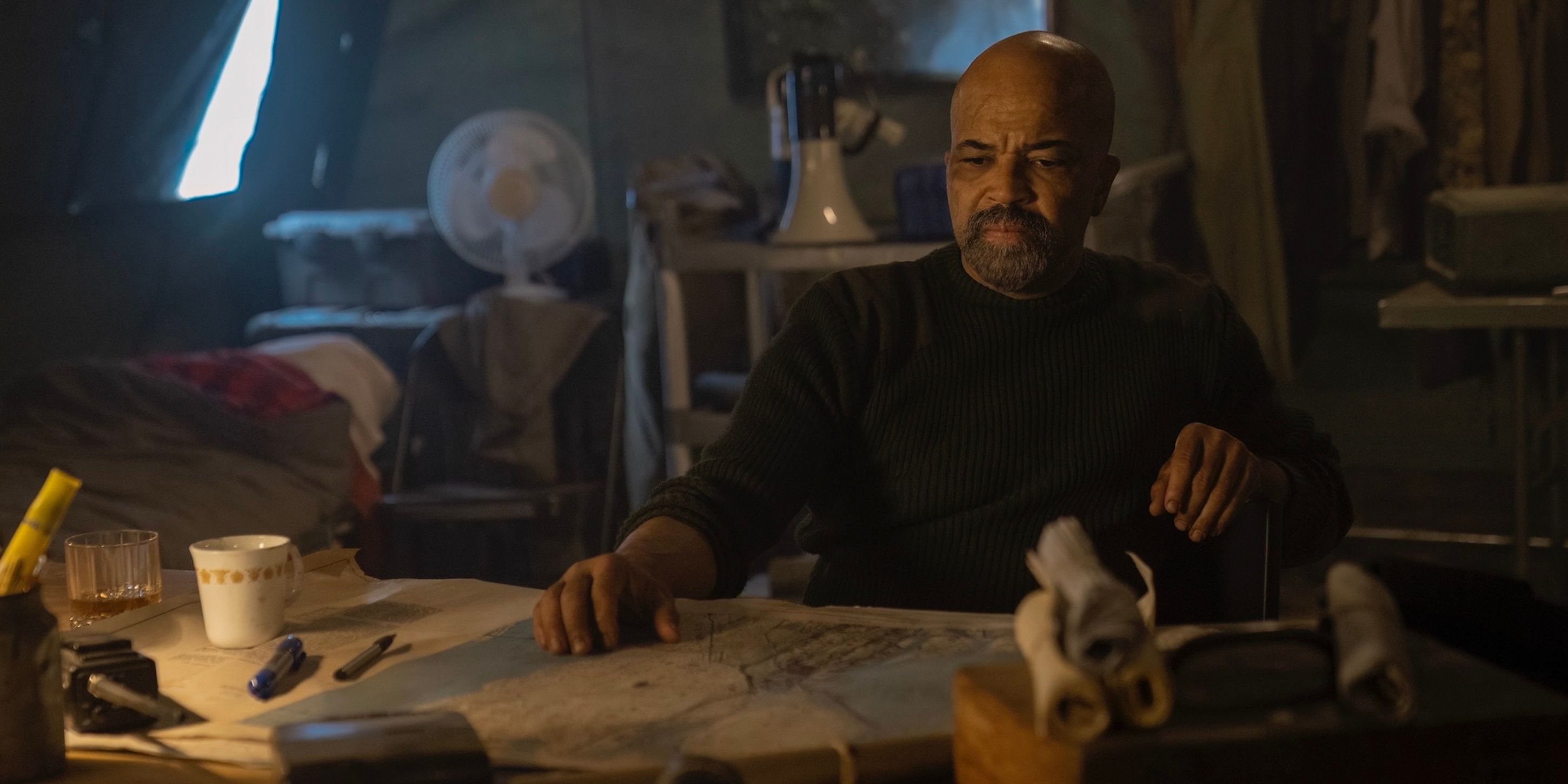
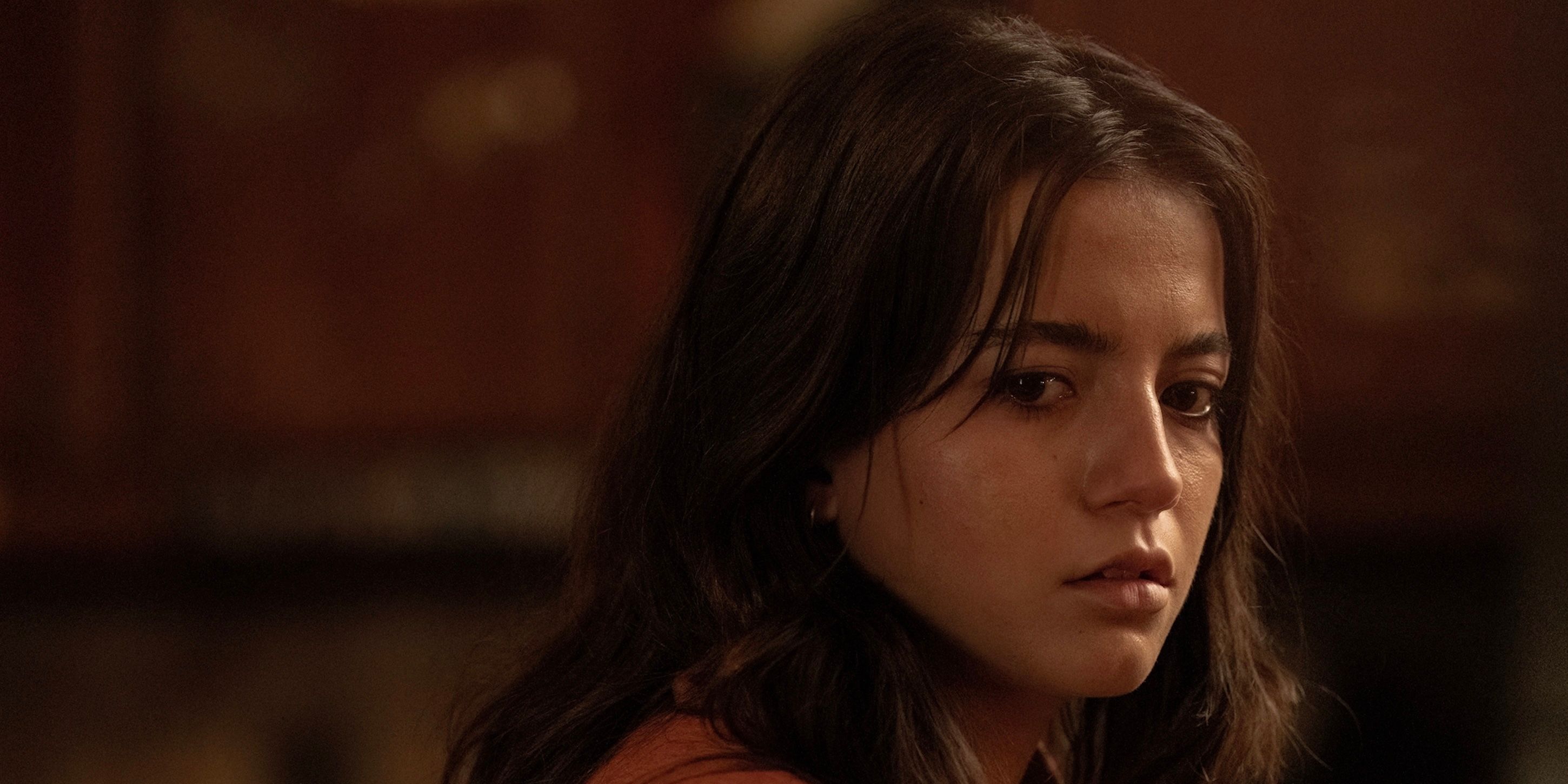
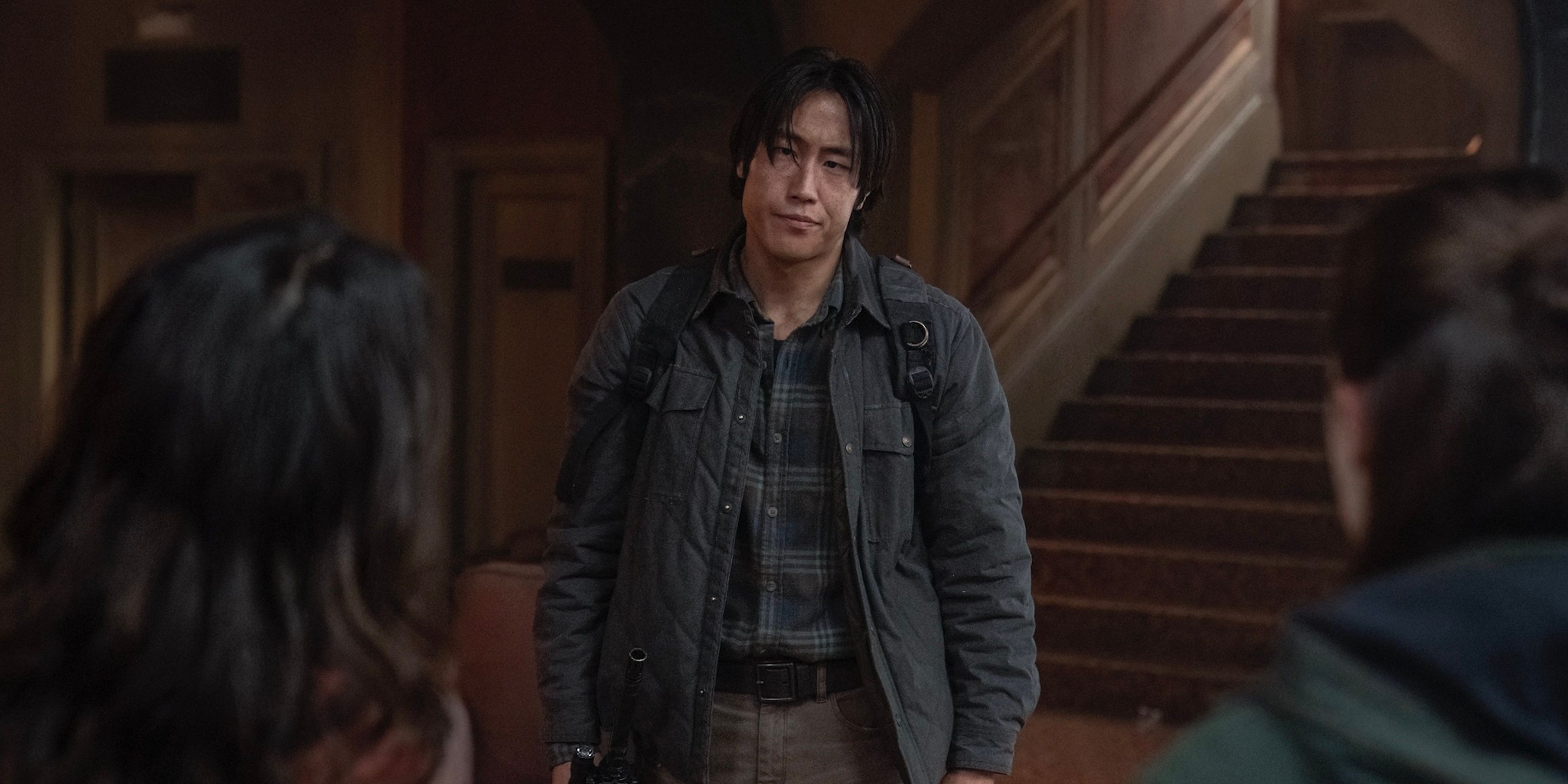
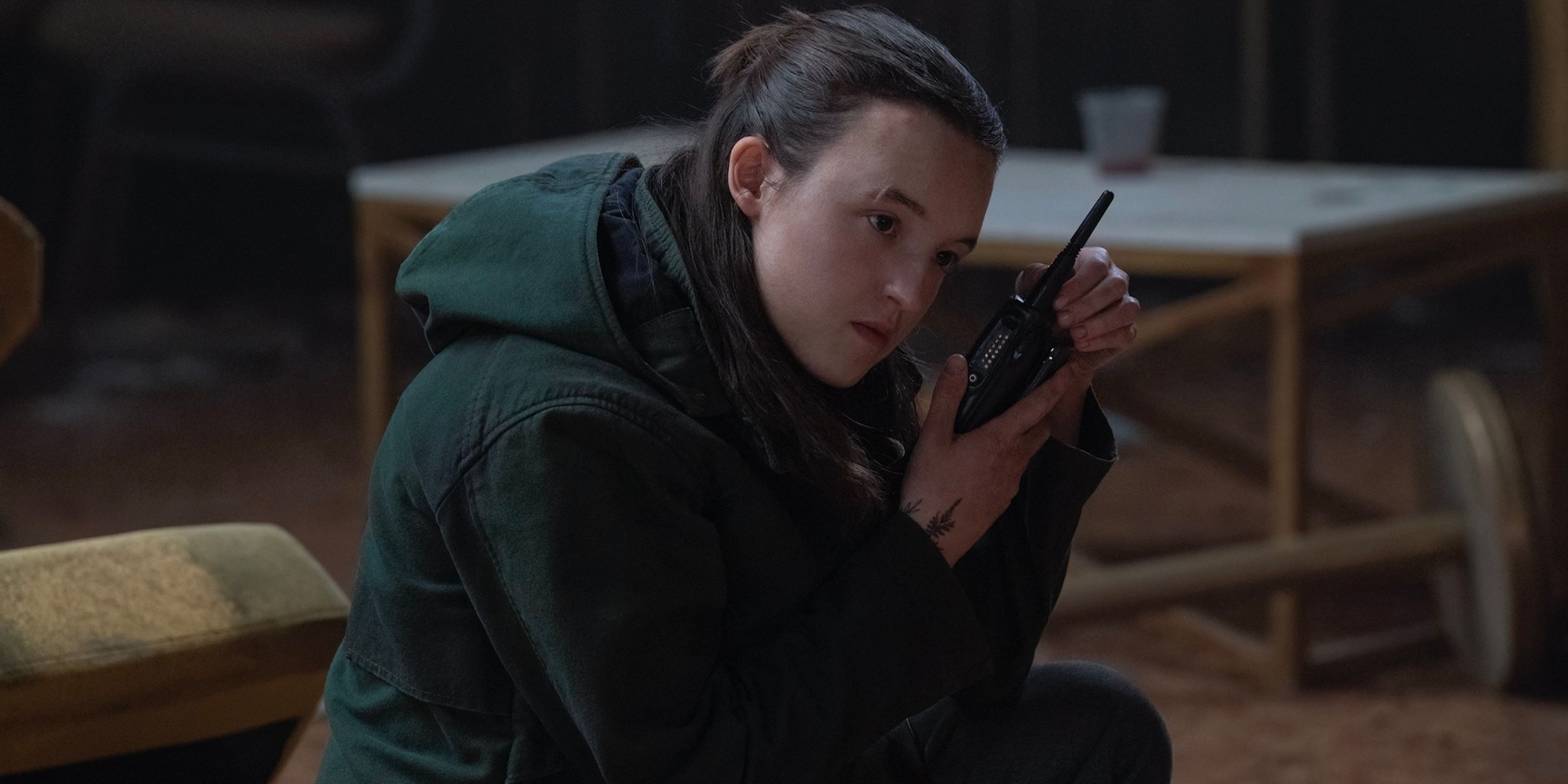
History is bound to repeat itself, good or bad. Other famed HBO shows in the past have suffered from bad pacing and tone because they lowered the episode count. The Last of Us has the same issue as House of the Dragon Season 2, which involves a weird combination of slow and fast pacing. The sequence of Ellie and Jesse walking through Seattle and taking the occasional break is so choppy. Viewers might as well be watching a playthrough of the video game in its more routine moments of looting stores and figuring out where to go next.
Ellie and Jesse take up so much screen time discussing the ongoing love triangle with Dina, and it feels very out of place in the finale. Young Mazino is such a great addition to the cast as Jesse, who often challenges Ellie for necessary personal conflict. But shoving so much of his story into one episode (the finale, no less) is such a painfully obvious set-up for his death later on. The Last of Us couldn’t be more on the nose about his repeated declarations that he doesn’t want to die in Seattle.
Tonally, the finale’s best moments arise from thundering scenes involving actual life-or-death situations. Ellie and Jesse’s discussions about Dina don’t match up with Isaac’s preparation for an invasion of the Seraphite island. The scene involving Isaac explaining why Abby is so important to the WLF demonstrates the show’s finest writing. As awful a person as he is, he’s not a mustache-twirling villain. He’s just a regular guy who happens to be in a position of great power. This one exchange of dialogue amps up the hope that Jeffrey Wright has a larger role in Season 3. There’s also a scene on the Seraphite island where Ellie is hung after being mistaken for a Wolf. The storm in the background adds to the terror that Ellie feels when faced by the scarred cult members, including a scary child. As a side note, The Last of Us cleverly uses lightning to light the incredibly dark scenes in the finale. Other HBO shows should take note.
The Last of Us Season 2 Finale Takes the Coolest Risk Yet
Goodbye Ellie, Hello Abby
What the finale accomplishes is starting a conversation with a divisive cliffhanger that other TV shows would fear. The last moments of the episode play out nearly verbatim to the video game. Ellie and Jesse race to save Tommy in the theater after hearing a struggle outside, only for Jesse to be shot by Abby when the door opens. Ellie surrenders to Abby, who reminds Ellie that she let her live and Ellie wasted it. When Abby shoots Ellie, the scene cuts to black. The following scene opens on Abby three days prior in the WLF’s main stadium base, the same day Ellie arrived in Seattle.
Many wondered how The Last of Us would pull off the game’s controversial choice to shift from Ellie’s perspective to Abby’s halfway through the story. This is the one part where the show refuses to hold anyone’s hands, which is utterly commendable. Granted, it’s going to make people mad. People don’t really like Abby and the idea of an entire city centered around her, likely without Ellie, calls for some caution. But it’s different and spunky. The series drops so many hints here and there in the episode (pay attention to Abby’s fake book and a red bridge in the background of one scene) that foreshadow what Abby’s three days will look like compared to Ellie’s. They’re breadcrumbs leading to what’s to come and leave a bigger mystery to answer. Why did Abby leave the WLF? How did she find Ellie? This is how you write a cliffhanger for a season finale.
“If Season 2’s ending establishes one thing, it’s that this is Ellie’s story and Season 3 is Abby’s story.”
The Last of Us is still a spectacle that tells a story through its visuals. The imagery of an apocalyptic Seattle is breathtaking. But the story has its flaws. Although Season 2, Episode 6 was one of the show’s best episodes to date, it awkwardly stalled the momentum that the present-day plot was building. In a better world, Episode 6 would’ve gone before the penultimate episode, which allowed Jesse more time with the gang before his untimely passing. Sequels in any form are either hit or miss, and in the finale’s case, The Last of Us sort of missed. The only hope is that Season 3 will learn from the mistakes of the show’s past so that Kaitlyn Dever isn’t in the middle of a show that’s become a victim of its own success.
The Last of Us Season 2 is available to stream on Max. A third season is in development.

